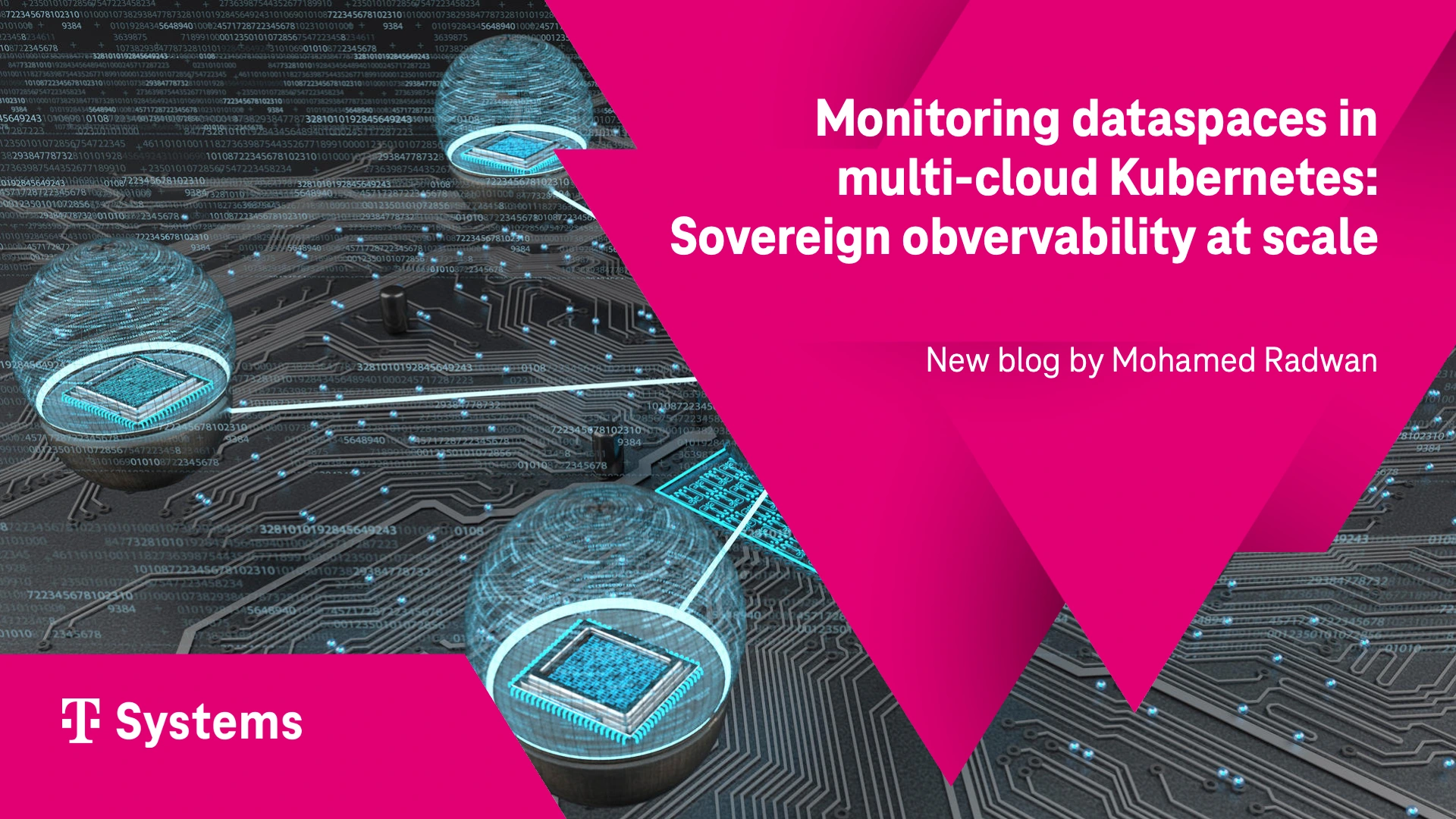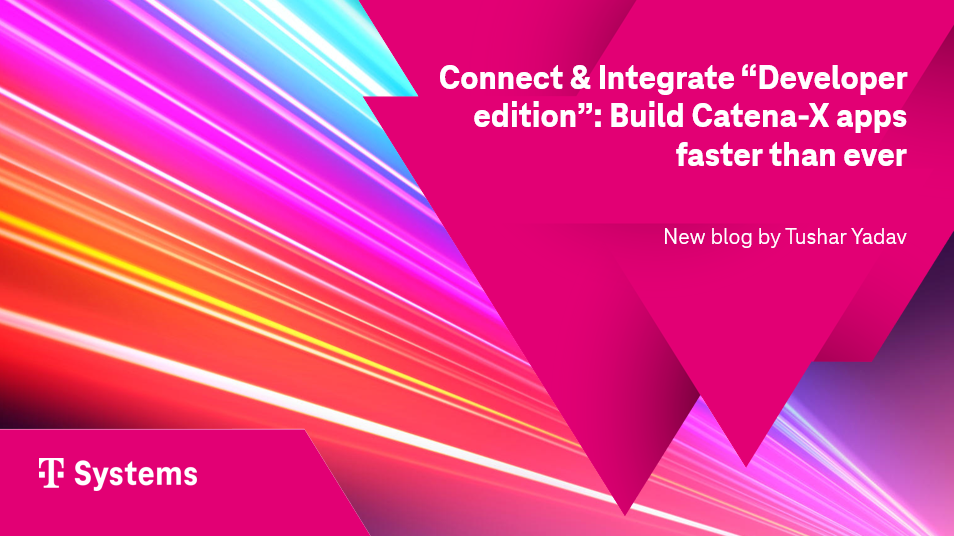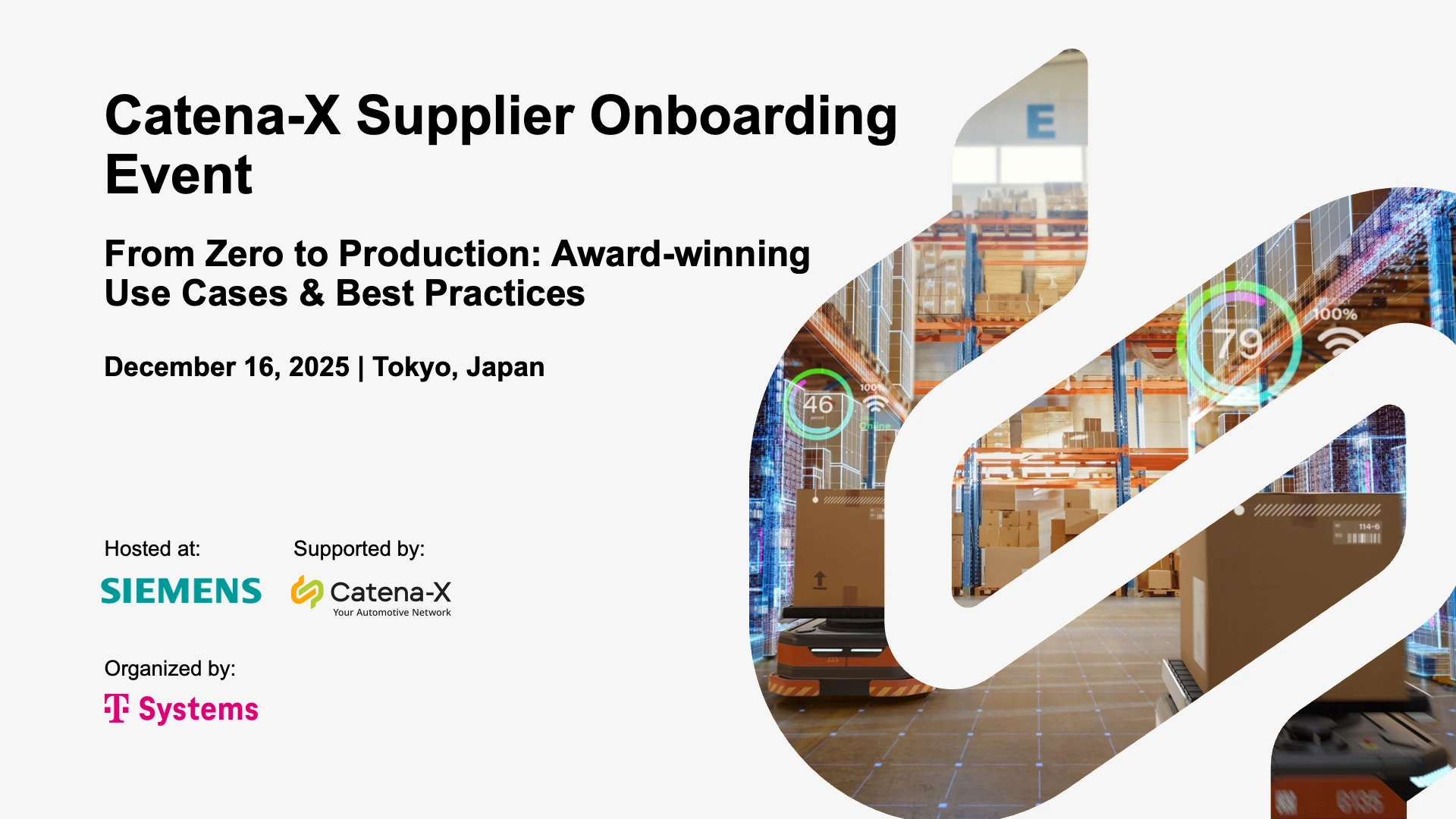Mengen
Glossar Seite
Mengen in der Informatik beziehen sich auf kleine oder große Zahlen, die in einer prägnanten, ganzzahligen Notation mit SI-Suffixen dargestellt werden. Diese Notation ermöglicht die einfache Darstellung von Bruchzahlen in Milli-Einheiten, während größere Zahlen in Kilo-, Mega- oder Giga-Einheiten dargestellt werden können. Zum Beispiel kann 1,5 als 1500m, 1000 als 1k und 1000000 als 1M dargestellt werden. Darüber hinaus können Suffixe für die binäre Notation verwendet werden, z. B. 2Ki für 2048. Die akzeptierten dezimalen (10er-Potenzen) Einheiten sind m (milli), k (kilo, absichtlich klein geschrieben), M (mega), G (giga), T (tera), P (peta) und E (exa). Die akzeptierten binären (2-Potenz-)Einheiten sind Ki (kibi), Mi (mebi), Gi (gibi), Ti (tebi), Pi (pebi) und Ei (exbi).
https://kubernetes.io/docs/reference/glossary/?all=true
Aktuelle Webinare
Aktuelle Artikel

Monitoring dataspaces in multi-cloud Kubernetes: Sovereign observability at scale
Sovereign observability is now essential as organizations operate Kubernetes across fragmented multi-cloud environments. Traditional monitoring approaches fail when logs and metrics cannot leave their originating region due to compliance and data-residency constraints. This architecture solves the challenge by decoupling storage from querying: each cloud environment writes logs and metrics to its own sovereign object storage while a central observer cluster queries them on demand. Leveraging Prometheus, Thanos, Loki, and Promtail, the system provides global visibility, secure mTLS communication, isolated buckets, and a unified Grafana experience — all without violating sovereignty rules.
Weiterlesen

Mohamed Radwan
07. Jan. 2026

Vom Supplier Onboarding zur globalen Skalierung: Trusted dataspaces in Asien vorantreiben
Im Dezember 2025 stärkte T-Systems die Präsenz von Catena-X und trusted dataspaces in Asien durch zwei zentrale Veranstaltungen: den Catena-X Supplier Onboarding Day in Tokio und den Global Data Spaces Roundtable in Peking. Von praxisnahem Supplier Onboarding bis hin zu großskaligen Automotive-Piloten in China standen regulatorische Anforderungen, Datensouveränität und sicherer unternehmensübergreifender Datenaustausch im Fokus. Gemeinsam mit Partnern wie Siemens, BMW Group, BASF und Flex zeigte T-Systems, wie dataspaces skalierbare und regelkonforme Zusammenarbeit entlang globaler automobilen Wertschöpfungsketten ermöglichen.
Weiterlesen

Sven Löffler
23. Dez. 2025

Connect & Integrate „Developer Edition“: Catena-X-Apps schneller denn je entwickeln
T-Systems hat Connect & Integrate „Developer Edition“ gestartet – eine schlanke Umgebung, die die Entwicklung von Catena-X-Anwendungen beschleunigt. Durch den Abbau von Hürden wie der Einrichtung von Konnektoren, der Einhaltung von Compliance-Vorgaben und der semantischen Validierung bietet die Plattform sofortige Konnektivität mit Catena-X-konformen APIs, geführte Workflows und integrierte Compliance-Tools. Entwickler erhalten direkten Zugang zu sicherem, standardisiertem Datenaustausch, ohne komplexe Infrastruktur verwalten zu müssen, und können sich so auf die Entwicklung innovativer Lösungen für zentrale Anwendungsfälle wie Rückverfolgbarkeit, CO₂-Fußabdruck sowie Nachfrage- und Kapazitätsmanagement konzentrieren. Als Innovationskatalysator positioniert, ermöglicht die „Developer Edition“ Start-ups, Integratoren und Unternehmen, schnell produktionsreife Anwendungen bereitzustellen und die Catena-X-Adoption entlang der automobilen Wertschöpfungskette voranzutreiben.
Weiterlesen

Tushar Yadav
15. Dez. 2025





